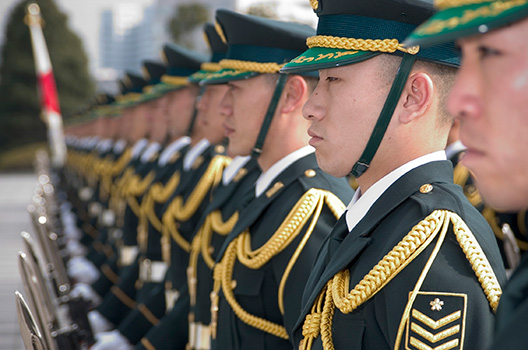Security challenges in East Asia are becoming acute. North Korea is developing a missile-deliverable nuclear weapon, and the long-term stability of the Pyongyang regime is questionable. Taiwan, which Beijing claims as part of Chinese territory, is about to have a presidential election in which a candidate from a pro-independence party is the front-runner. China has also become increasingly assertive in its territorial disputes with Japan and several Southeast Asian countries. Meanwhile, Japan’s leaders are attempting to redefine the role Japan plays in regional security affairs. Indeed, Japan’s legislature recently enacted revisions to the country’s national security laws that would loosen limitations on the use of Japan’s armed forces, and the government of Prime Minister Shinzo Abe has pledged to increase defense spending.
At this critical time, Roger Cliff exposed in Japan’s Security Role and Capabilities in the 2020s the result of a year-long study. The report recommends that Japan take on the role of a regional security leader, a nation that can take the lead in organizing regional responses to security challenges, but that does not attempt to supplant the United States as the region’s overall security guarantor. For Japan to play such a role, its security forces will need to increase their capabilities in a number of areas that are detailed in the report. Japan becoming a regional security leader, moreover, will require the cooperation and support of the United States.
